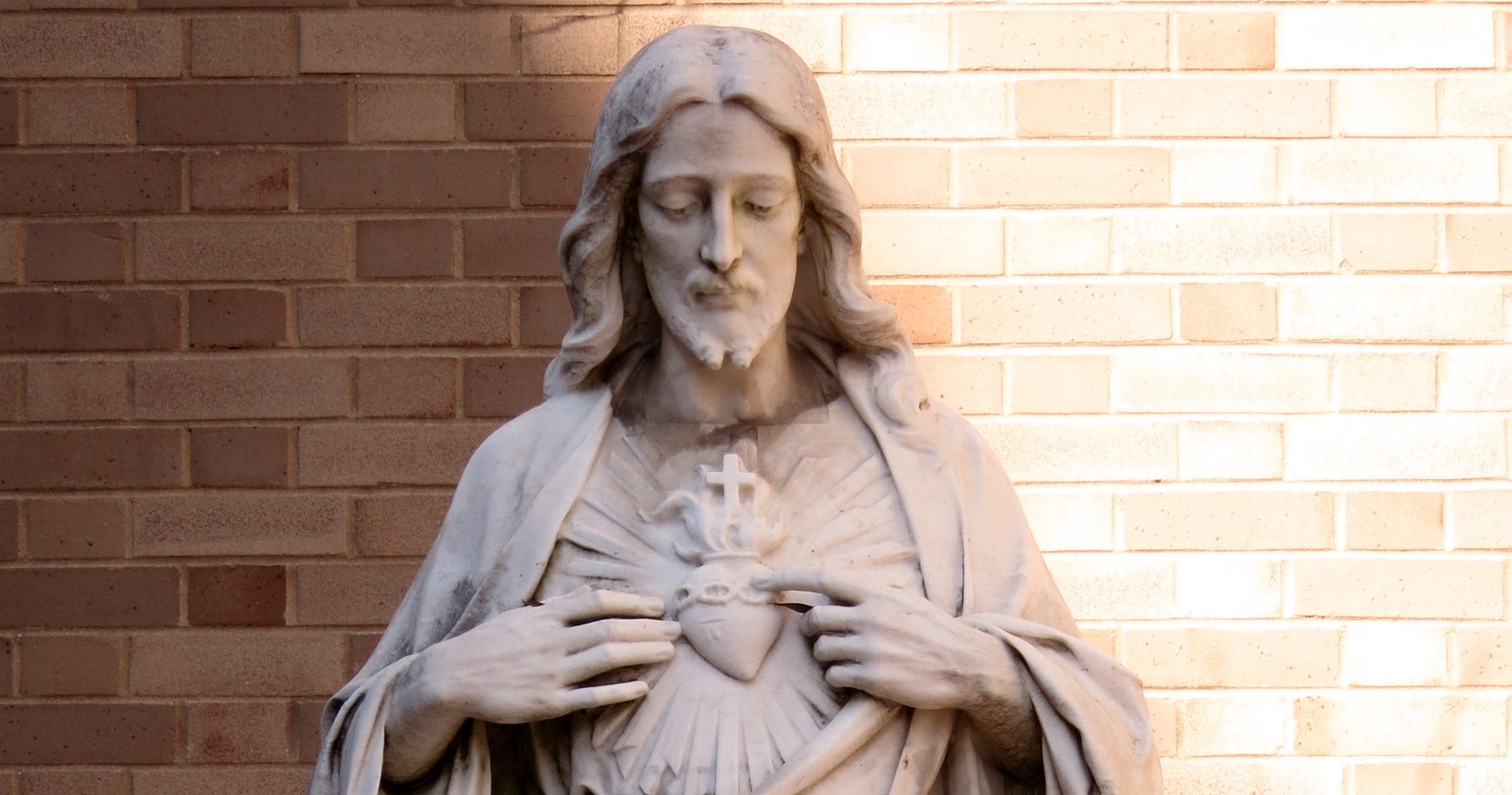We continue our exploration of the wounds of the heart by focusing on fear, defensiveness, and apathy. These are enormous topics in general, so it helps to remember that we are just looking at these topics as wounds, rather than as psychological or even biological responses to a given situation. These three are related by the duration the wound is sustained; the wound of fear is often guarded by defensiveness and then eventually apathy if it is not addressed. Therefore, we will examine them in that order.
(Here are the previous two parts in this series: Part 1, Part 2.)
Fear
Fear becomes a wound of the heart when it is the result of questioning one’s worth, goodness, or desirability before God. Fear is similar to confusion, in that the lies of one’s identity are in play. However, rather than being unable to recognize the lie, the fearful recognize it and are unable to reject it. They fear that these lies will actually turn out to be true and everything they have believed about goodness and love will be lost. The fearful seek constant consolations in prayer, affirmations of goodness, or proof of God’s love and mercy. While a relationship with God is a life-long endeavor for everyone, the fearful constantly doubt the reality of that relationship and need a lot of coaxing to continue forward.
Defensiveness
If this wound is not addressed, defensiveness usually becomes the guard of the heart. Rather than seek constant consolation or affirmation, for this gets tiring especially when it is absent, the heart now convinces itself it no longer needs anyone to tell them who they are. The defensive heart avoids sharing true feelings, engaging only in surface-level conversations or relationships. Often, the defensive heart appears quite joyful and on top of things to keep others from getting to know who they truly are. This again is a result of the fear that they cannot be loved, accepted, or worthy of love. A defensive heart continually grows numb to its longings for love and relationship and apathy ensues.
Apathy
Apathy is a dangerous state to be in because there is no personal motivation to get out of it. The heart is too numb to desire change, convinced that this state of being is good enough. Jesus speaks of the apathetic as those who are lukewarm and whom he would spew forth from his mouth in disgust. I think we are all aware of his sentiments after speaking with someone who is completely apathetic about whatever topic we are seeking to engage in. It is far more preferable to engage in conversation with someone, even if they disagree, than to be met by a blank and uninterested stare. A quick note: apathy is not to be confused with depression. Again, we are looking at wounds of the heart, so apathy here is being looked at as a result of a fearful heart gone numb. While spiritual apathy may cause depression, not all depression is the result of apathy.
Trust in the Sacred Heart
In the face of this fear, defensiveness, and numbness, the Sacred Heart of Jesus beckons us to place all of our trust in him. The Sacred Heart experienced the fear of abandonment, but rather than allow this fear to completely consume it, the Sacred Heart shows us the remedy: recourse to the Father. The wounds of the heart that cause numbness need to encounter the strength, power, and overwhelming love of the Father. The Sacred Heart shows us that even amidst the greatest trials and torments, the Father is near and eager to heal.
“Cast all your cares upon him for cares for you.”
1 Peter 5:7
A tremendous aid for naming our fears and handing them over to the Father are the Psalms. Praying with the Psalms can help give words to the overwhelming nature of fear. Naming the fears and suffering allows them to be handed over and placed in the loving hands of the Father. Even if trusting in God is in itself a fearful action, the Psalms prove again and again the tender and gracious response of the Father.
The Sacred Heart prayed with Psalm 22 on the Cross and in it found the strength to cry out to the Father in love and say, “Into your hands, I commend my spirit.” Only a heart that has encountered the Father’s love can agree to this kind of trusting abandonment to Divine Providence. It is this kind of abandonment that quells the fears that wound and numb the heart, allowing it to find not only solace and comfort but strength and hope.
In Part 4 of this series on the wounds of the heart, we will end this examination of wounds with a prayerful meditation on the Sacred Heart of Jesus.
You May Also Like:
Litany of the Sacred Heart of Jesus (CFR Video)
St. Margaret Mary and the Sacred Heart
All about the Sacred Heart of Jesus (Podcast with Emily Jaminet)
No Greater Love: A Biblical Walk Through Christ’s Passion (Book)

Caroline Harvey is the associate communication director for the Archdiocese of Milwaukee. Prior to working at the archdiocese, Caroline worked in various ministry positions throughout southeast Wisconsin, focusing on teaching and discipleship. She is pursuing a doctor of ministry degree in liturgical catechesis from the Catholic University of America. She has a master of arts degree in biblical theology and a bachelor of arts in communications media from John Paul the Great Catholic University.
Featured image of Holy Angels Catholic Church (Dayton, Ohio) – Sacred Heart of Jesus Statue sourced from Wikimedia Commons






0 Comments